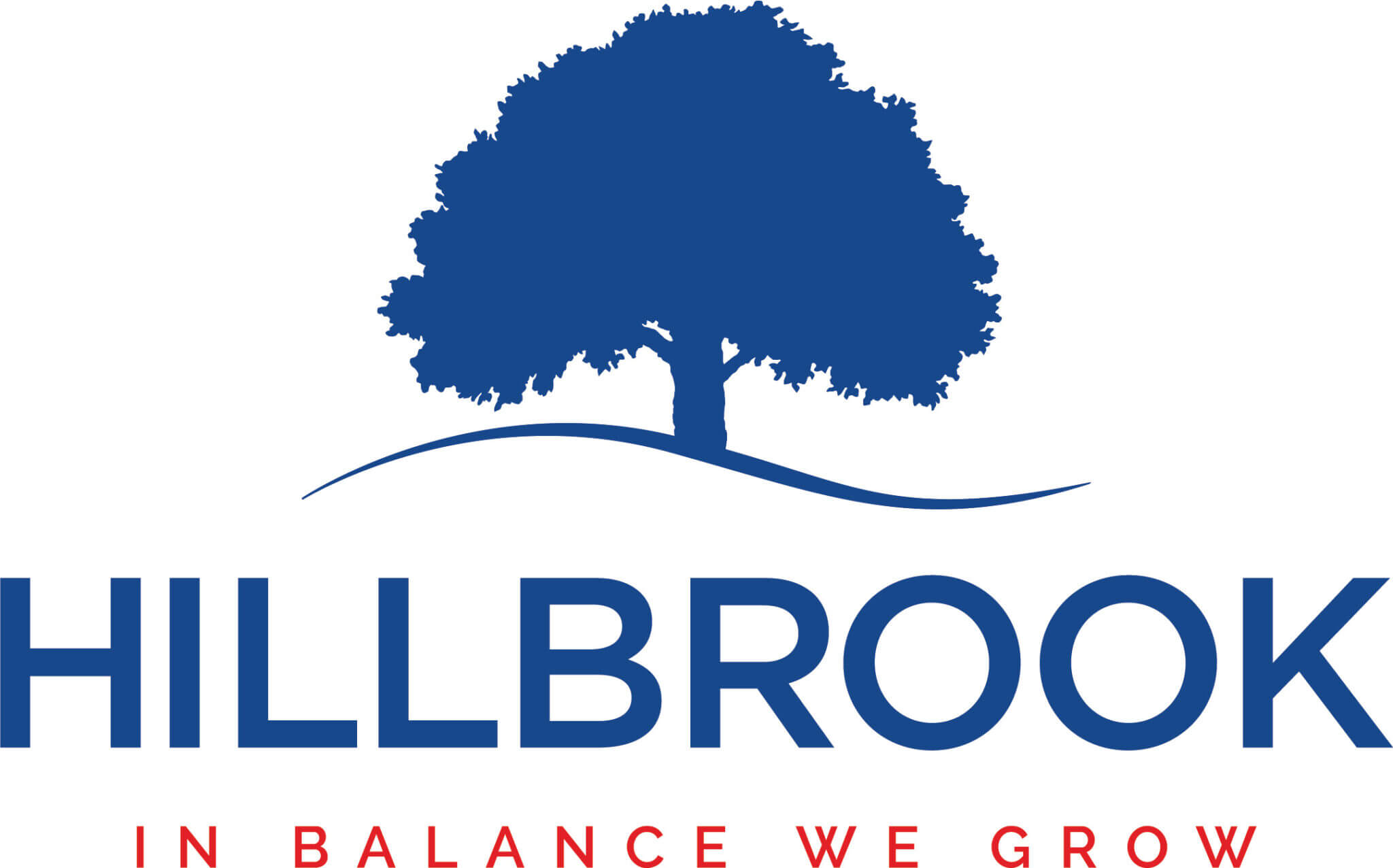Years 11 and 12 Curriculum
The theme across Year 11 is Decisions and the theme across Year 12 is Destinations.
Year 11 and 12 Curriculum
We believe an academically focused final two years is important to each student’s development, and provides a robust foundation for whatever direction in life they may choose.
As our students make the transition into senior schooling, they continue to study certain core subjects, with all students continuing with English and Mathematics. Students also have the opportunity to further specialise in areas of particular interest or expertise, or to maintain a more diverse course. All students studying at Hillbrook are expected to be eligible for an ATAR which is used to determine university entry. Similarly, all students should become eligible for a QCE [Queensland Certificate of Education].
Core subjects for Year 11 and 12 are:
- English, Essential English or Literature
- Essential Mathematics (Applied) or General Mathematics or Mathematical Methods
- Outdoor Education
- Religious Studies
- Personal and Spiritual Development (PSD)
- Negotiated Time
Students can choose 4 of the following Electives:
- Accounting
- Ancient History
- Biology
- Business
- Chemistry
- Design
- Digital Solutions
- Drama
- Economics
- Engineering
- Food and Nutrition
- Geography
- German
- Industrial Technology Skills
- Japanese
- Literature
- Modern History
- Music
- Philosophy and Reason
- Physical Education
- Physics
- Psychology
- Specialist Mathematics
- Visual Art
Note: English and Literature Extension and Music Extension are offered in Year 12 only.
THE MENTORING PROGRAM: to learn, to be, to become
We are pleased to announce that the Mentoring Program is going ahead again this year. This is a Teacher/Student Mentor Program. In Year 11 it is a mandatory program and for the Year 12 students it is voluntary.
The program is built around research which shows that a school-based mentor program can have many positive outcomes for students including: improving academic performance, improving the quality of classwork and learning, improving student attendance and participation in school by building further on connectedness and belonging.
Our Mentoring Program is designed for students to meet with their Teacher Mentors in small groups for 40 minutes once a fortnight. This will occur in their usual Negotiated time lesson every alternate week. One week the students will attend Neg lesson, the following week they will meet with their mentor.
They will work through a variety of areas in an informal and relaxed setting. The program they will work through will include the following:
- Adjusting to senior school
- Goal setting
- Time management – Assessment planning
- Weekly Study roster – individualised
- How to unpack feedback in senior schooling
- Understanding our own strengths and weaknesses
- Exploring strategies that work within the group
- How to obtain a balance between social/academic life
Central to the program’s success is the strength of the relationship developed between the students and their mentor, which we know will develop over the course of the program.
Last week in their Negotiated Time lesson all students were presented with an outline of what this program entails. They were also asked to nominate a couple of teachers from those available to be their mentors. The program to begin next week.
Students already have their subject teachers, Home Teachers, Year Level Coordinators, Head of Student Wellbeing, Learning Support Staff and School Counsellors overseeing their progress and wellbeing. This program adds another dimension for student support in the senior years.
